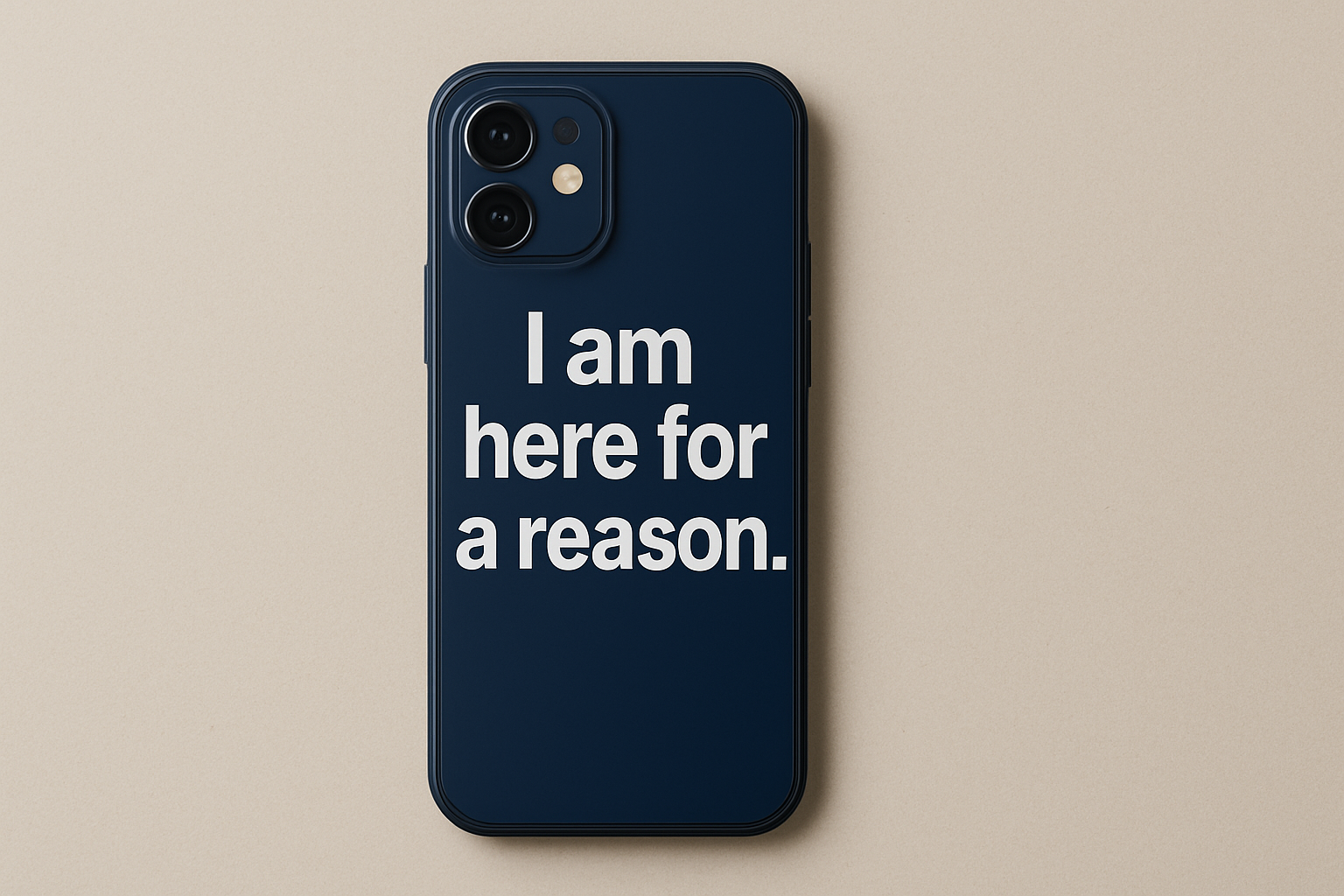Imposter Syndrome and the Power of Believing You Belong
Image generated by ChatGPT, September 2025.
By Lauren Shear
As the calendar turns to October, a sense of newness is in the air. For some, it’s stepping into day one at a law firm as a first-year associate; for others, it’s the anticipation of elevation or a promotion just within reach. Whether you’re beginning a new role or further along in your career journey, imposter syndrome has a sneaky way of inserting self-doubt into moments throughout every stage of your professional life.
Imposter syndrome is that nagging feeling that you don’t really deserve your accomplishments—even when you’ve earned them. It’s the quiet, persistent doubt that you’re not as capable as others think, and that any minute now, someone might “find out” you’re not actually qualified.
In my first month of coaching at Spoken with Authority, time and again, I heard clients express the same dissonance—their internal narratives filled with hesitation and uncertainty:
“I feel like that’s how I should be…”
“The other partners are more qualified than I am…”
“If only I could…”
“Maybe I wasn’t ready for…”
We often become laser-focused on chasing the next promotion or milestone, caught in a cycle of constantly proving ourselves. But once we finally get that title or step into that new role, we’re faced with a decision:
I choose to believe I’m deserving and ready for the challenge ahead.
I don’t fully believe I deserve this yet, so I’ll fake it until I make it.
That second choice, while common, creates a cynical cycle of self-doubt, imposter syndrome, and overcompensating.
While I can’t wave a magic wand and eliminate that gap in self-belief, I’ve learned that shining a light on a client’s accomplishments helps them begin to own them. It starts with intentionally shifting how we speak to—and about—ourselves.
During my master’s program at George Washington University, I took a professional communication class taught by Jean Costanza Miller, Ph.D., who is also a Spoken with Authority coach and facilitator. In the midst of COVID, our tight-knit cohort of 12 logged on Zoom weekly to sharpen our professional speaking skills, workshopping everything from elevator pitches to panel presentations.
In one breakout session, I was paired with a program colleague based in Taiwan. English wasn’t her first language, and as we workshopped her assignment, she confided that she didn’t feel “as qualified” to be in the program. I remember saying, “You are here for a reason.” It was a self-affirming phrase that had helped me in my own struggle with imposter syndrome, so I passed it along—and then promptly forgot about it.
A year and a half later, at our in-person graduation, I finally met her. We hugged, and she pulled out her phone to show me her phone case. On the back, in bold lettering, was the phrase: I am here for a reason.
It was a full-circle, heartwarming moment that reminded me how powerful intention can be. She had a choice: to believe she didn’t belong—or to trust that she did. She chose belief. And she made it to the finish line with confidence.
Imposter syndrome shows up unexpectedly and has the power to knock us off balance. While the “fake it till you make it” mindset might carry us for a while, it’s not sustainable. True confidence—the kind that sticks—comes only when we believe we’re worthy of the place we’ve earned.
Know someone who’s navigating imposter syndrome? Share with a colleague or friend who’s ready to own their place and step into their confidence.

